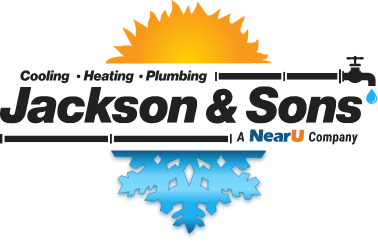
The condensate drain system in your central air conditioner moves a lot of water. On a humid summer day, a central A/C can wring as much as 20 gallons or more of water vapor out of the air. When everything functions correctly, you’re not even aware that the condensate drain system is working. If something goes wrong, however, you’ll find out soon enough. Severe household water damage can occur from condensate spillage before you notice it.
As long as your air conditioner is running, it’s continuously producing condensate. Here are some of the common problems that might occur:
Cracked or Corroded Drip Pan
Condensate dripping off the indoor evaporator coil inside the air handler is collected in the drip pan beneath the air handler. Plastic pans may crack over time while metal pans may rust or corrode. The first symptom is unexplained water pooling around the indoor component of the central A/C. If you notice it, turn off the air conditioner and contact a qualified HVAC contractor.
Overflowing Drip Pan
The condensate drip pan beneath the air handler may breed algae and/or mold. This fungal growth eventually causes a clog in the pan or the line which diverts water into the household drain system. Once the pan or drain line is clogged, an overflowing pan will result very soon. If you can see standing water in the pan or if it’s already overflowing, shut down the A/C and call for service. A qualified HVAC tech will blow out the drain line, disinfect the drip pan and place time-release biocide tablets in the pan to inhibit algae and mold growth for the rest of the season.
Automatic System Shutdown
Some air conditioners incorporate a safety sensor to detect an impending condensate overflow. When this occurs, the switch automatically shuts off power to your A/C to prevent water damage. Once the system shuts off it will not restart. You’ll need a service tech to troubleshoot and resolve the problem in the condensate system. The air conditioner can then be restarted.
For professional service to resolve condensate drain issues, contact Jackson & Sons.
Our goal is to help educate our customers in Eastern North Carolina (including Wayne, Johnston, Greene, Lenoir, Pitt and Duplin Counties) about energy and home comfort issues (specific to HVAC systems).
Credit/Copyright Attribution: “geralt/Pixabay”

